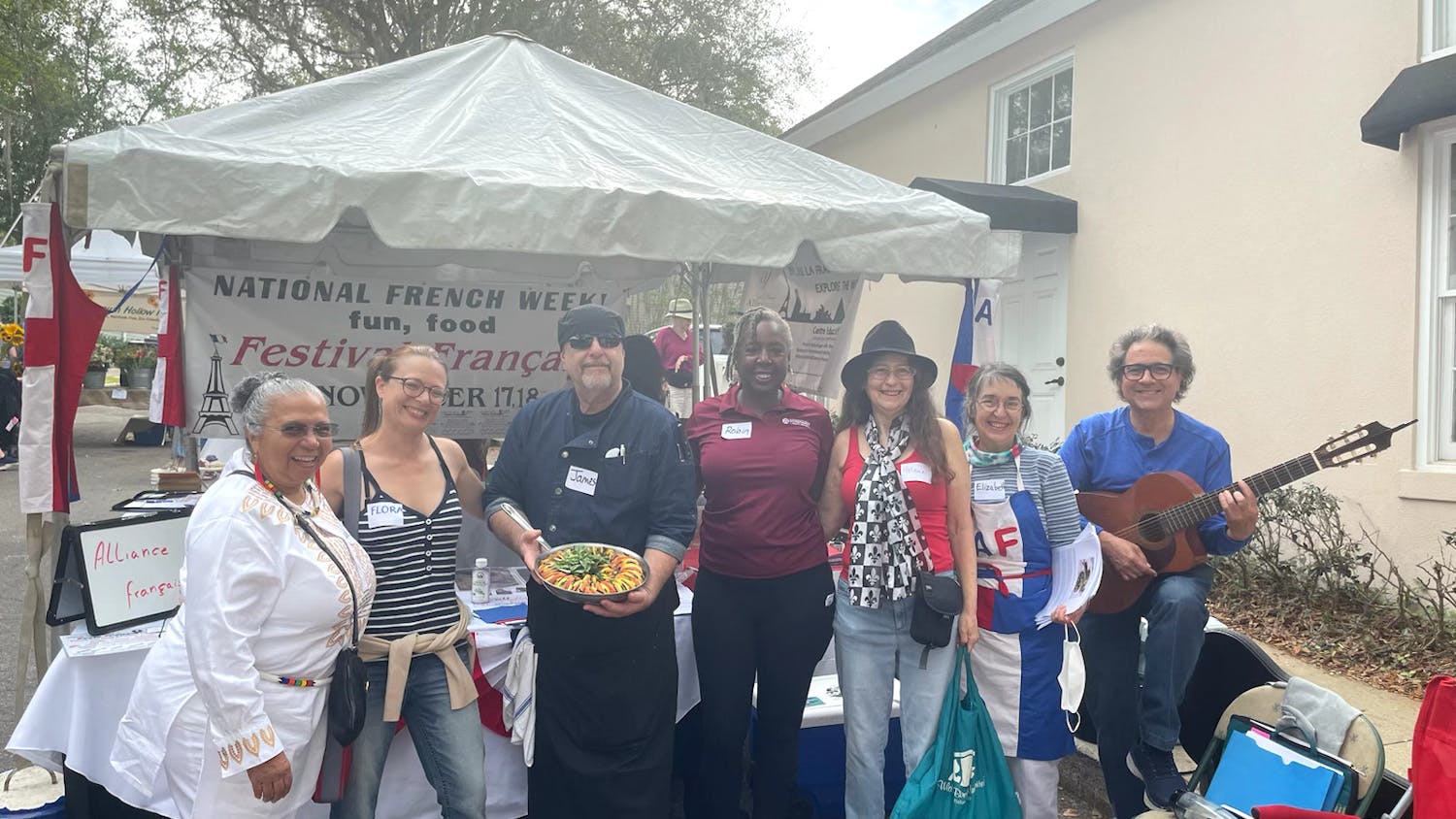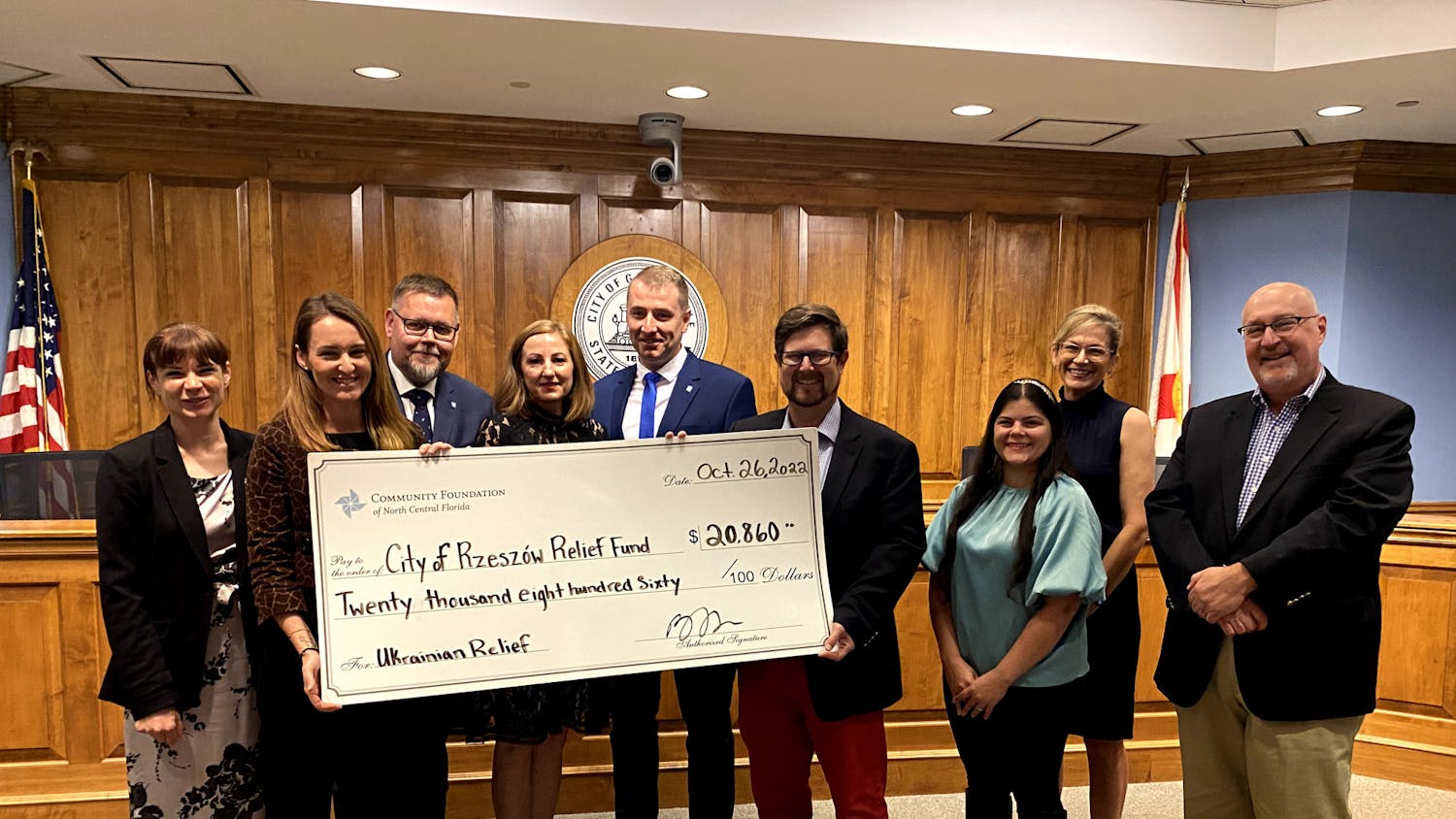Last summer, UF mechanical engineering students Trevor Abbott and Ty Parker had a unique invention but no way to finance a business.
Thanks to Kickstarter, an online crowdfunding platform, they were able to afford to get their company, Spin Chill, off the ground.
Kickstarter, which was founded in 2009, reached $1 billion in pledges for projects on March 3.
The crowdfunding model allows entrepreneurs to cut out the middle man and go straight to the people with their product. In return for funding, they provide product-related rewards to their backers.
Entrepreneurs pitch their Kickstarter-approved projects in a video and choose a funding goal and deadline. If they don’t meet the funding goal in time, backers are not charged, and the project dies.
Kickstarter’s funding success rate is less than 50 percent, but Gainesville users have been able to raise more than $512,595 in pledges since 2010, according to the site.
Abbott, 21, and Parker, 24, invented Spin Chill, a device that uses convection to rapidly chill warm beverages. They surpassed their goal of $10,000 by raising more than $40,000 in pledges during their Kickstarter campaign, including getting contributions from more than 30 countries.
“Kickstarter is an awesome platform that opened up a market for us, not just in the U.S., but worldwide,” Abbott said.
UF professor Bill Rossi, who specializes in entrepreneurship and financing early stage companies, compared the benefits of Kickstarter to the funding start-up bands get from fans to make an album.
“The only reason to provide the money,” Rossi said, “is because you believe in the entity to which you are contributing and like what they do.”
Tim Elmore, a UF mechanical engineering Ph.D student, used Kickstarter to finance his invention, an at-home filament extruder for 3-D printing called Filastruder.
Filastruder was funded with more than $100,000 in the first week of joining Kickstarter. It was the most successful Gainesville-based Kickstarter campaign.
Elmore said he had backed several Kickstarter projects before and was curious to see how it worked from the creator side.
Elmore said after spending almost all his funding on Filastruder kits to send as rewards for backers, he said he found his biggest gain was brand recognition.
[A version of this story ran on page 5 on 3/12/2014 under the headline "Kickstarter hits billion-dollar mark for donations"]





